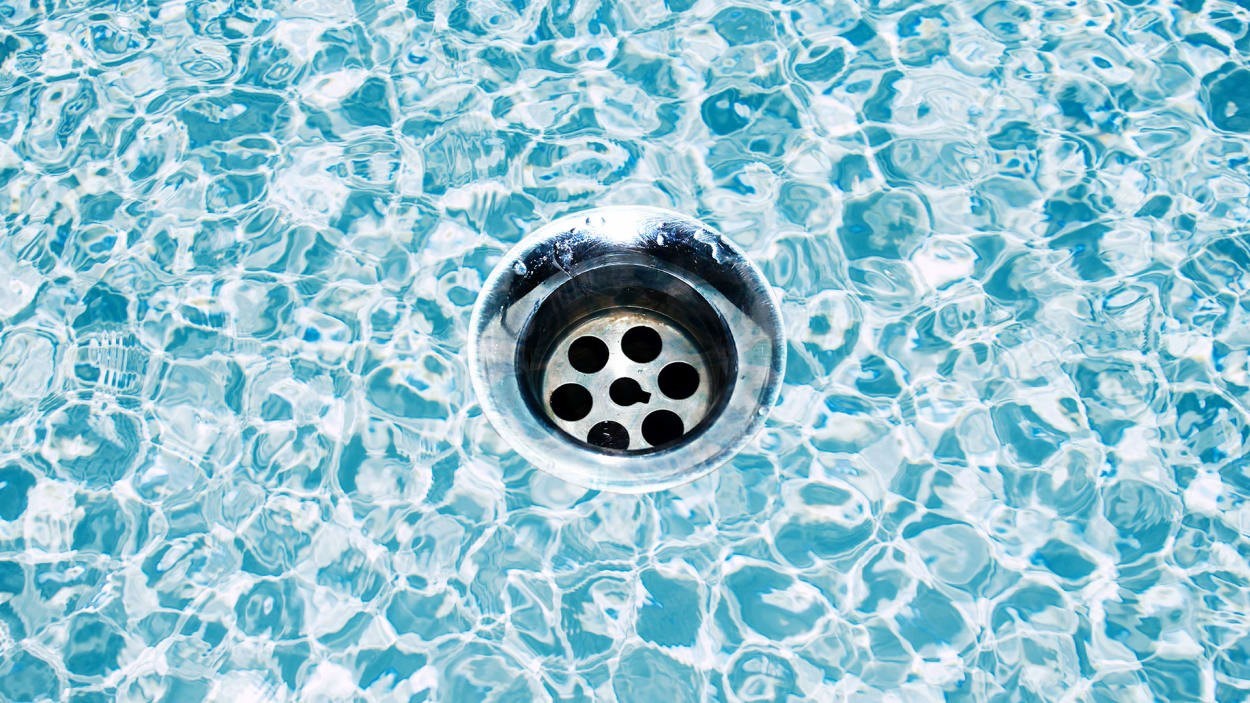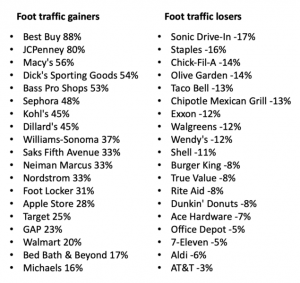Many of us feel emotionally and physically drained at the end of the day. Maybe you cope by relying on caffeine to get you through the afternoon. Or perhaps you zone out to Netflix when you get home from work. We all feel drained sometimes, but it can easily become your default setting, where you no longer recognize it.
“You might notice you are becoming drained because your mood changes and you become irritable,” says Eileen Anderson, director of Bioethics and Medical Humanities educational programs at Case Western Reserve University. “That is often a telltale sign to slow down and figure out what is bothering you. ”
While employee stress is at a record high, you don’t have to accept it as your reality. Instead, identify and address the things that are dragging you down. Some stressors are universal.
Certain Relationships
One of the biggest drains on your energy are the people around you, says Christopher S. Reina, Ph.D., founder and executive director of the Institute for Transformative Leadership at Virginia Commonwealth University.
“We all know people in the workplace who constantly feel the need to reinforce their own ego by stirring the pot, adding their own perspective to everything—which is often very negative—and who continually shut people and processes down, so that they can feel more powerful and in control,” he says.
Energy isn’t created or destroyed; it’s reallocated, explains Reina. People who are passive-aggressive, for example, reallocate the energy from others and hoard it for themselves.
“They suck the energy out of others and the room to try to concentrate it within themselves,” he says. “At the root of this is often fragile self-esteem and a set of behaviors they’ve learned and had reinforced over time that receiving any attention, even if negative attention, is better than receiving no attention.”
Our Environment
World events, including wars and natural disasters, are a background stressor we all have, even if we’re not directly involved. Absorbing negative news can drain your energy, says Anderson.
Anderson says other structural stressors that drain people’s energy every day include discrimination based on race, national origin, religion, gender, disability and more. Even personal social situations, like our employment status, workplace dynamics, or responsibilities at home add up, says Anderson. “There is so much to drain one,” she says.
Our Habits
While the first two types of things that drain your energy are external, you may be contributing to the problem, too, if you aren’t good at setting boundaries. If you feel pressure to be on and responsive at all hours, it can quickly drain your energy, says Elizabeth Pearson, author of Career Confinement: How to Free Yourself, Find Your Guides, and Seize the Fire of Inspired Work.
“This is particularly true for women,” she says. “A lot of times women feel this constant need to prove their value. In order to do that, boundaries are constantly compromised. When you’re trying to be a people pleaser, at work and at home, that is going to bleed your energy faster than anything else.”
Anderson agrees: “Self-reflection and growth are key,” she says. “We create or add to more of our own problems than we realize.”
Plugging the Drains
The first step to fixing your energy drain is determining if you can change the situation. Taking action feels empowering, which can increase your energy.
For example, if a relationship is draining, Reina says the best thing to do is to have a conversation with the individual about how their behavior affects you.
“Doing so in a kind and compassionate way is vital and repeating this advice and feedback when it arises is especially important,” he says. “Of course, this is most easily done from a leader to a follower, but this can also be done among peer relationships through the process of leading and influencing laterally.”
If you can’t change the stressor, accepting the reality drains less energy than constantly fighting it. “Being creative about where you can have positive impact is empowering and energy lifting,” says Anderson. “Sometimes, so too is just telling your story.”
Next, find ways to replenish your energy. Pearson likens your reserves to water towers. “They feel so huge and vast, but over time they can get little pinhole drains,” she says. “The key is to analyze and plug them. Some of those drains are always going to be present; we need to actively counterbalance them with what I call the ‘fills.’”
Fills are often creative outlets, such as writing, painting, singing, or pottery. It can also be something physical, like dancing. Leaning into relationships, such as family, friends, and trusted colleagues, can also help you fill your energy, says Pearson.
“You don’t want someone who’s going to add gas to the flames of your frustration,” she says. “Rather, they’re going to sit and actively listen and hear you out and help you feel validated, but also help you move on to it and get refocused on something positive.”
Finally, make sure you’ve created space in your day. “Our culture makes it hard to even take small breaks during the day,” says Anderson. “These are crucial to catch up with yourself. ”
Making space will require setting boundaries, says Pearson. “Once you set a boundary, make sure you’re holding it and staying true to yourself,” she says. “Get sharp elbows with your calendar. Time is the most precious asset we have. Start flexing boundaries not only at work, but in our personal lives.”
(3)







